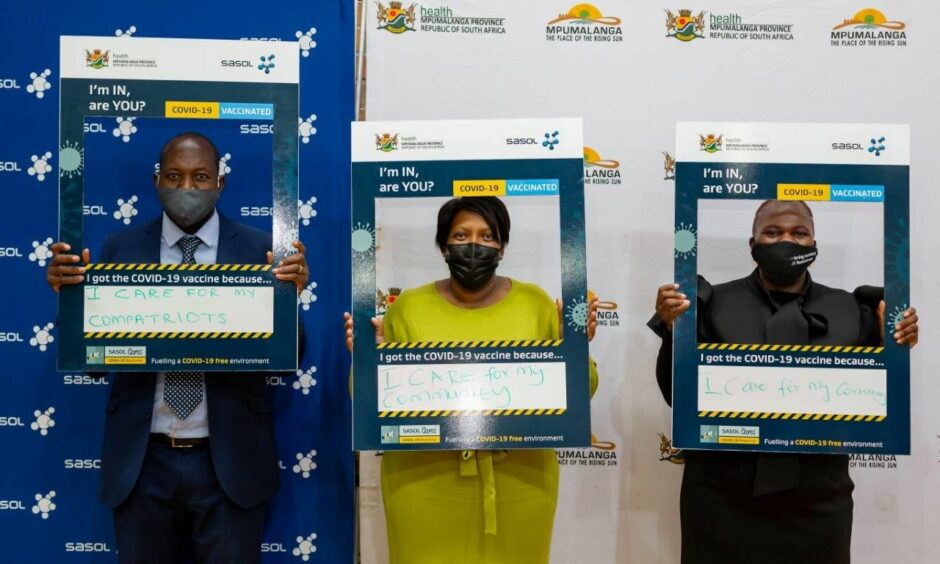
Sasol has begun its statutory maintenance at Secunda, which involves a major shutdown and a challenge for the company’s COVID measures.
Sasol confirmed to Energy Voice that the shutdown had started as scheduled.
The company has said it expects 1.3 million man hours of work to be carried out during the maintenance work, which will run until the end of September. This will involve 102,000 activities, intended to repair, clean, service or replace 7,536 pieces of equipment.
It will involve around 205 cranes, 580 welding teams and 233,233 cubic metres of access scaffolding. The amount of scaffolding involved is enough to build a 1 metre by 1 metre structure half the way to the International Space Station.
Sasol has set the theme of “own it” for the maintenance shutdown.
The petrochemical giant said work would include restoring and replacing equipment, improving procedures and reviewing ways of working. Furthermore, it will work on optimising cost, time and resources.
Pandemic challenge
Those entering the plant must show proof of vaccination or a negative COVID-19 test from within the last seven days.
The company will require tests to be repeated during the duration of the shutdown.
“This, in our view, is also in the health interests of the public amid the prevailing pandemic. Employees and service providers who fail to provide proof of vaccination or a negative Covid-19 test result are not allowed into the premises and have their access blocked,” Sasol representative Matebello Motloung said.
Vaccines have been given to more than two thirds of employees involved in the shutdown.
Given COVID-19, the company considers the shutdown to be a “high risk” operation.
“It is therefore critical that we fulfil our workplace safety obligations by managing the shutdown as a potential super-spreader event as part of our COVID-19 workplace mitigation plan. It is for this reason, and because the we care about the health and safety of our workforce, that the shutdown plan includes the requirement that employees be vaccination or provide proof of a negative COVID-19 test,” Motloung continued.
Sasol teamed up with the Mpumalanga Province in order to support vaccinations for service providers and employees. It set the goal of vaccinating 8,000 workers. Maintenance work will involve around 20,000 people.
Testing times
Vaccinations are not mandatory, the company said, a decision backed by its Human Rights Policy. It has called for all participants to be vigilant: to wear masks, wash hands and observe social distancing.
In an effort to support its programme, though, Sasol reported on its executive team receiving vaccinations in June. The company was the first corporate to receive approval to run its own vaccination site in Mpumalanga, it said.
In early August, union Solidarity announced that Secunda workers would no longer have to pay for their own tests. The company agreed to cover costs following “robust negotiations”, union official Riaan Visser said.
Workers should not have to pay the price for the government’s difficulties in securing vaccinations, he said.
“Discrimination is unacceptable as far as vaccination is concerned and it will add to the hesitation that exists about it. At the same time it will also reduce the effectiveness of any vaccination programme,” Visser stated.
Vaccinations “must always be done on a voluntary basis and employers cannot attempt to impose unreasonable negative requirements on their employees if they decide against it or have not yet had the opportunity to be vaccinated.”
Vaccine hesitancy has grown in South Africa this year, based on concerns linked to conspiracy theories.
